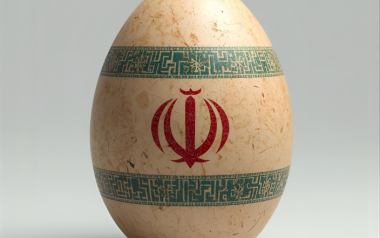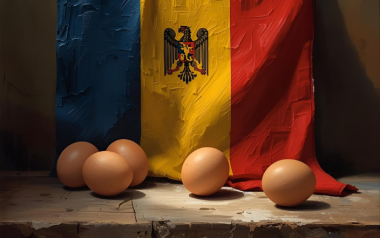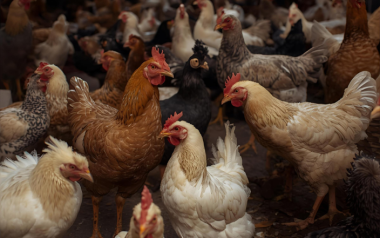Sources: Available upon request
06 Sep 2024
Brazil sets new records in poultry industry for 2024
According to recent forecasts, Brazil is expected to maintain its status as the world’s largest exporter of chicken meat, with exports projected to reach 4.97 million metric tons, marking a 4% increase from 2023.
Brazil’s poultry industry is on track to achieve unprecedented milestones in 2024, solidifying its position as a global leader in poultry production and exports. According to recent forecasts, Brazil is expected to maintain its status as the world’s largest exporter of chicken meat, with exports projected to reach 4.97 million metric tons, marking a 4% increase from 2023.
Record production levels
The production of chicken meat in Brazil is anticipated to hit a record high of 15.1 million metric tons in 2024, reflecting a 1% increase from the previous year. This growth is driven by strong external demand, favorable socio-economic conditions, and improved production costs. The resilience of Brazil’s poultry industry is further underscored by its ability to remain free from Highly Pathogenic Avian Influenza (HPAI), which has plagued other major poultry-producing regions.
Export growth and economic impact
Brazil’s poultry exports are set to represent 33% of its total production, highlighting the country’s significant role in the global poultry market. The robust export performance is attributed to the devaluation of the local currency, which makes Brazilian poultry more competitive on the international stage. Additionally, the investments made during the pandemic to enhance production capacity are now yielding substantial returns.
In 2023, Brazil exported a record 4.85 million metric tons of chicken meat, valued at $9.17 billion. The upward trend is expected to continue in 2024, with the country poised to break its previous records. This remarkable achievement not only boosts Brazil’s economy but also reinforces its reputation as a reliable supplier of high-quality poultry products.
Challenges and opportunities
Despite the positive outlook, Brazil’s poultry industry faces several challenges. The global market dynamics, including fluctuating demand from key importers such as Saudi Arabia, South Korea, and Japan, could impact export volumes. Additionally, the industry must navigate the complexities of maintaining disease-free status and managing production costs.
However, the opportunities for growth remain substantial. The increasing global demand for poultry, driven by population growth and rising incomes, presents a favorable environment for Brazilian exporters. Moreover, the country’s strategic investments in technology and infrastructure are expected to enhance production efficiency and sustainability.
Conclusion
Brazil’s poultry industry is set to achieve new heights in 2024, with record production and export levels. The country’s ability to adapt to market conditions, coupled with its strategic investments, positions it as a dominant player in the global poultry market. As Brazil continues to break records, it not only strengthens its economy but also contributes to global food security by supplying high-quality poultry products to markets around the world.







































